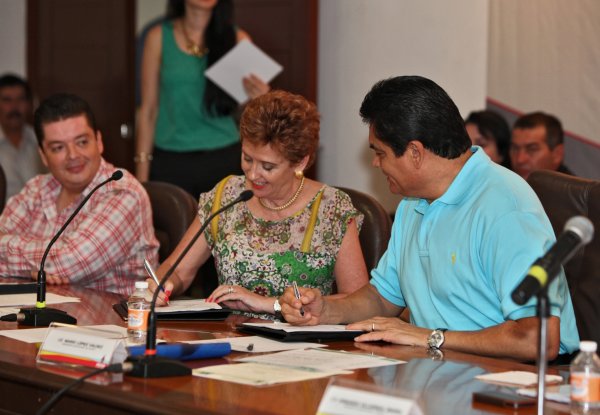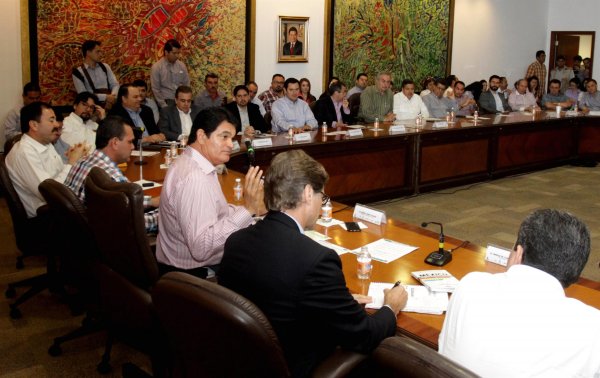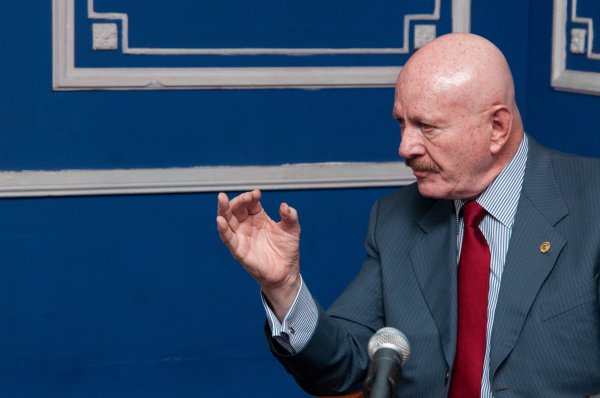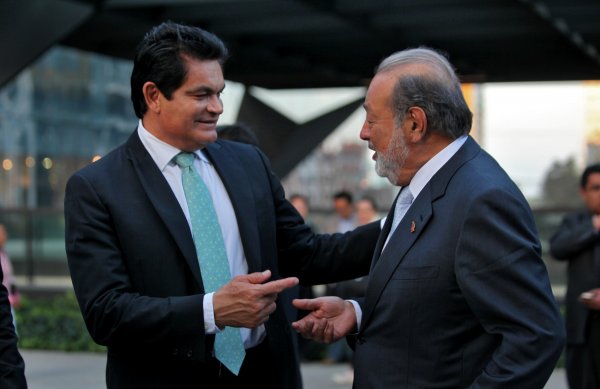Business Culture: Decision Making
Cultural Context
While many Mexicans have experience dealing with international companies and visitors, decision making in Mexico may be much slower than some foreign visitors are accustomed to. This is due to several factors, including the lengthy relationship-building phase. Mexicans sometimes find it hard to trust foreign visitors from large firms, so this may extend the time commitment, as well. Another main factor is that most Mexican firms are set up as strict autocratic hierarchies, where information flows upward only. There are typically many layers of management that all proposals must go through, so visitors can encounter a very time-consuming bureaucratic process. Visitors should plan on several in-person meetings with their Mexican counterparts before any major decisions will be made.
Foreign businesspeople should be aware that impatience is considered a weakness in Mexico, one that may be used against the visitor. For example, Mexican teams may purposely delay proceedings or final decision making in order to gain an upper hand if they learn that the visitor is on a tight travel schedule. The business visitor can overcome these types of issues by remaining patient and keeping travel schedules private.
While there may seem to be many potential obstacles in the Mexican decision-making process, most Mexican businesspeople are very earnest and sincere. Business visitors can speed up the otherwise slow procedures by establishing strong personal relationships and a foundation of trust at the beginning of business deals. Overall, Mexicans typically make decisions based on their personal feelings about the foreign visitor.
Power Structures
Most Mexican organizations are highly stratified, organized as vertical hierarchies. In Mexico, everyone knows their place in all the hierarchies to which they belong, including business, family, and other social structures. Rank is important, and people in high positions are always treated with respect. It is considered very disrespectful to ever break rank, and many Mexican executives will not even bother with introductions to visitors who are below them in the hierarchy. This means that visiting teams must include at least one executive-level person in order to meet with the Mexican decision maker. Visitors should try to figure out exactly who is in charge as soon as possible to speed up the decision-making process.
Key Contacts
While the majority of final decisions will be made by the top Mexican executive or a small group of leaders, some visitors may be only able to meet with them at the very first meeting. After the initial meeting, the senior person may not attend any other meetings, as his or her subordinates will take care of negotiations. Visitors should not be insulted if they find themselves meeting with middle management personnel such as technical representatives, as this indicates that the decision maker feels that discussions are proceeding positively. While these mediators may not have final decision-making power, they will be the ones who pass on information, as well as recommend your proposals. Therefore, business travelers should build strong personal relationships with all their Mexican contacts.
Communicating Styles
When first meeting with your Mexican counterparts, business communication will often be very formal and professional. For example, titles will be used. After the business relationship has been established, the communication may become a little more informal, and you may move to a first-name basis with your contacts. While many Mexicans are fluent in English, most business discussions will take place in Spanish. Visitors who are not fluent in Spanish may need to hire an interpreter who is proficient in Mexican Spanish, which includes many regional colloquialisms. Spanish will be the primary language for contracts as well, and all presentation materials should appear in both English and Spanish.
Mexicans prefer face-to-face communications to e-mail, fax, or telephone communications. Visitors should try to use indirect communication when discussing sensitive or negative matters, in order to allow their Mexican counterparts to save face. They should also pay attention to nonverbal clues, such as silence or hesitation, to detect whether or not their Mexican contact is truly in agreement with what is being said. Many Mexicans will agree to things that they have no intention of doing if in a situation where saying "no" or "I can't" would cause them to lose face. If you sense there is tension surrounding a particular subject, try phrasing questions in different ways—you may uncover enough information to understand your counterparts' concerns.
Visitors should expect to participate in extended small talk over coffee and snacks at the beginning of every meeting. Never turn down refreshments, as this may be interpreted as an insult. Some good small-talk topics include sports and Mexican cuisine.
Implementing Agreements
Business travelers should always request written confirmations of all agreements or deals. Most Mexicans prefer to spend a good deal of time going over the generalities of a business deal before getting into specifics or details, such as deadlines, price, and responsibilities. When presenting this type of information, visitors should clearly point out how each aspect of the contract will benefit the Mexican company and the Mexican contact personally. After the written contract is signed, it is considered final. However, Mexicans view most deadlines as flexible. Visitors should follow up with their Mexican counterparts frequently to ensure that timelines will be met and fulfilled.
Article written for World Trade Press by Kerrie Main.
Copyright © 1993—2024 World Trade Press. All rights reserved.

 Mexico
Mexico 



